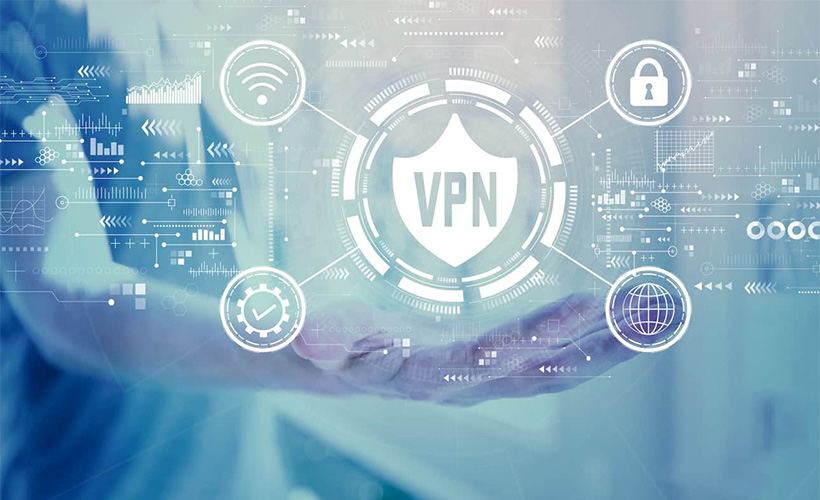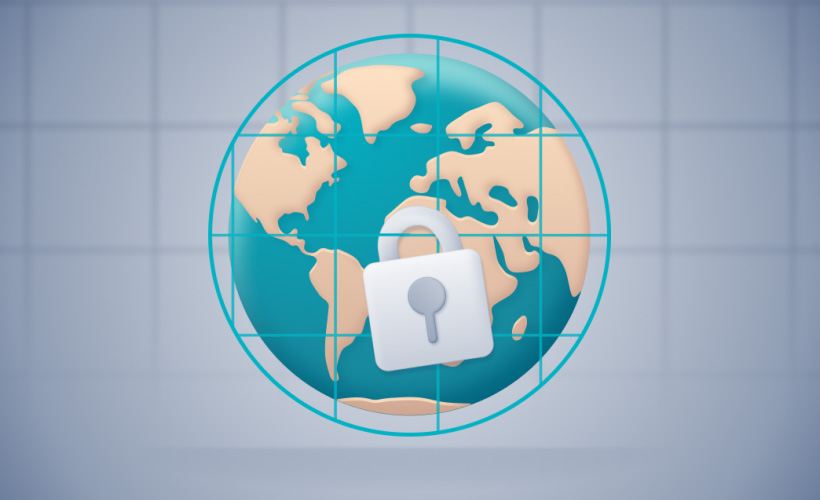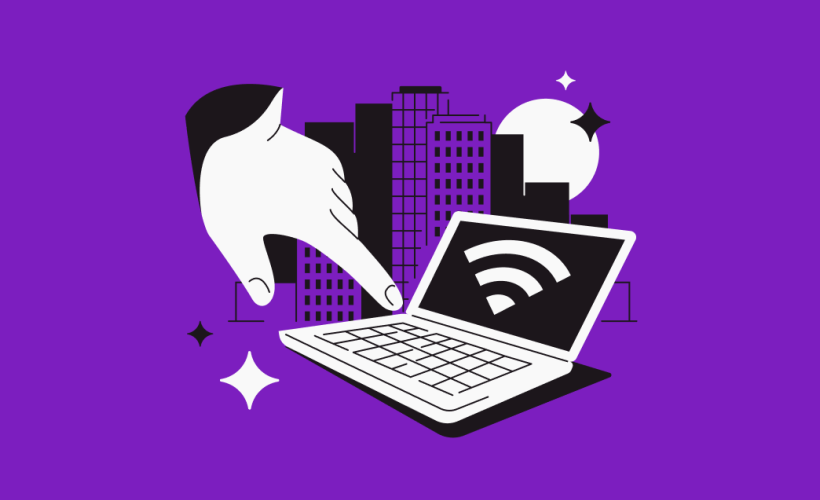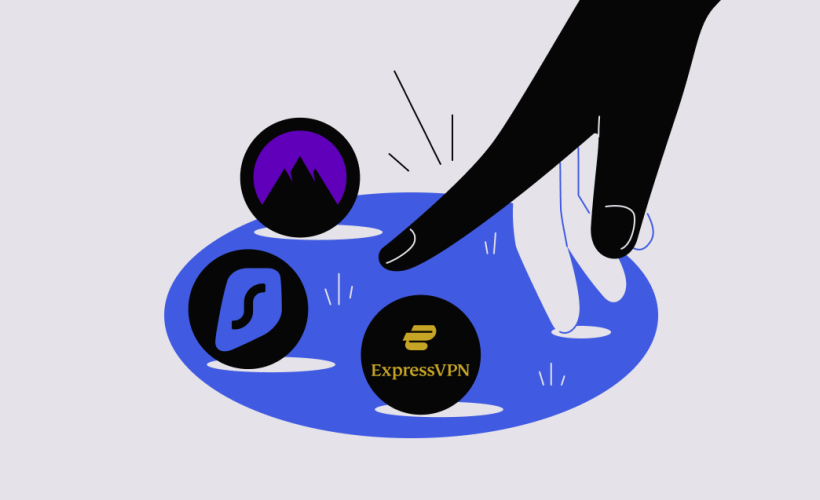
VPN (Virtual Private Network) Explained [Video]
Video uploaded by PowerCert Animated Videos on January 25, 2023.
Contents
VPN is Short for Virtual Private Network. What Does It Mean and Frequently Asked Questions About VPN
A VPN, or Virtual Private Network, is a service that creates a secure, encrypted connection over a less secure network, such as the public internet. The primary function of a VPN is to ensure privacy and security online by creating a private network from a public internet connection. Here are the key aspects of a VPN:
Encryption
A VPN encrypts the data you send and receive, which means it turns your data into a code to prevent unauthorized access. This encryption helps protect your privacy and ensures that your online activities are not easily monitored or intercepted by others.
Anonymity
By routing your internet connection through a VPN server, your actual IP address is hidden. This makes it more difficult for websites, advertisers, and potentially malicious actors to track your location or personal data.
Secure Access to Networks
VPNs are often used to securely access a business network remotely. This is particularly useful for remote workers who need to access sensitive company data from different locations.

A VPN can make it appear as if you are browsing from a different location.
Bypass Geo-restrictions
A VPN can make it appear as if you are browsing from a different location. This is useful for accessing content that is geographically restricted, such as certain websites, streaming services, or online libraries.
Public Wi-Fi Security
Using a VPN on public Wi-Fi networks, like those in cafes or airports, can add an extra layer of security. Public networks are often less secure, making them more vulnerable to hacking.
Data Integrity
VPNs help ensure that the data sent and received is intact and not tampered with during transmission, which is especially important for sensitive communications.
In essence, a VPN enhances your internet browsing experience by providing privacy, security, and freedom from geographical and content restrictions. It’s a valuable tool for both individual privacy and corporate security.

Using a VPN on public Wi-Fi networks, like those in cafes or airports, can add an extra layer of security.
Frequently Asked Questions About VPNs for Mac
What is the Leading VPN for Mac Currently?
– ExpressVPN tops the chart as CNET Editors’ preferred VPN for overall excellence, judged on speed, security, and cost. While not the most budget-friendly, it excels in speed and security. For a more economical option, Surfshark follows closely, offering notable performance and support for unlimited devices. NordVPN ranks third, balancing cost with a vast, rapidly advancing network, proving to be the most dependable service we’ve tested.
What Defines a Mobile VPN?
– Opt for a mobile-centric VPN for faster speeds and enhanced privacy on your device. These VPNs are designed to be lightweight and efficient, promoting faster operation and better battery life. Our top VPN selections provide user-friendly mobile app versions. Some VPNs are specific to certain platforms like Apple or Android, while others are more versatile. For the best mobile VPN for your needs, explore our mobile-focused VPN guides, which are regularly updated with the latest testing results.
How Do You Set Up a VPN on iPhone or Android?
– Setting up a VPN on your mobile device is essential for maintaining privacy. To get started, consult our guides:
Which VPN Service is Free and Reliable?
– The only worthwhile free VPN we’ve identified is Proton VPN’s free tier. Many free VPNs compensate for the lack of subscription fees by selling user data, and are often insecure or serve as malware conduits. Proton VPN’s free version, however, stands out for being fast, secure, and versatile, suitable for activities like Netflix streaming. For those seeking affordable premium VPN options, our list of budget-friendly VPNs is a good resource.

The three VPNs we feature – ExpressVPN, Surfshark, and NordVPN.
What is the Most Secure VPN for Mac?
– The three VPNs we feature – ExpressVPN, Surfshark, and NordVPN – all provide AES 256-bit encryption, ensuring top-level security across the board. Each has undergone independent security audits and operates on a RAM-only server structure to minimize data retention risks. Our tests for DNS leaks showed no vulnerabilities, and the kill switch functioned flawlessly in all three.
Is It Legal to Use a VPN?
– Using a VPN can lead to legal issues in countries where they are banned or restricted, such as China or Iran. In most parts of the world, however, using a VPN is legally safe. Remember, illegal online activities remain unlawful, with or without a VPN. In countries with VPN restrictions, connecting to an obfuscated server is crucial to disguise VPN traffic as regular HTTPS traffic.
What Does an ISP See When You Use a VPN?
While connected to a VPN, your ISP can detect your VPN use, the IP address of the connected VPN server, and the volume of transmitted data, along with connection timestamps. However, your specific browsing history and visited websites remain concealed due to the encryption provided by the VPN, keeping your internet activity private.
Links
- ExpressVPN vs NordVPN vs Surfshark – which one to choose? – Cybernews
- Sell pre-owned secured device online – iGotOffer






Facebook
Twitter
RSS